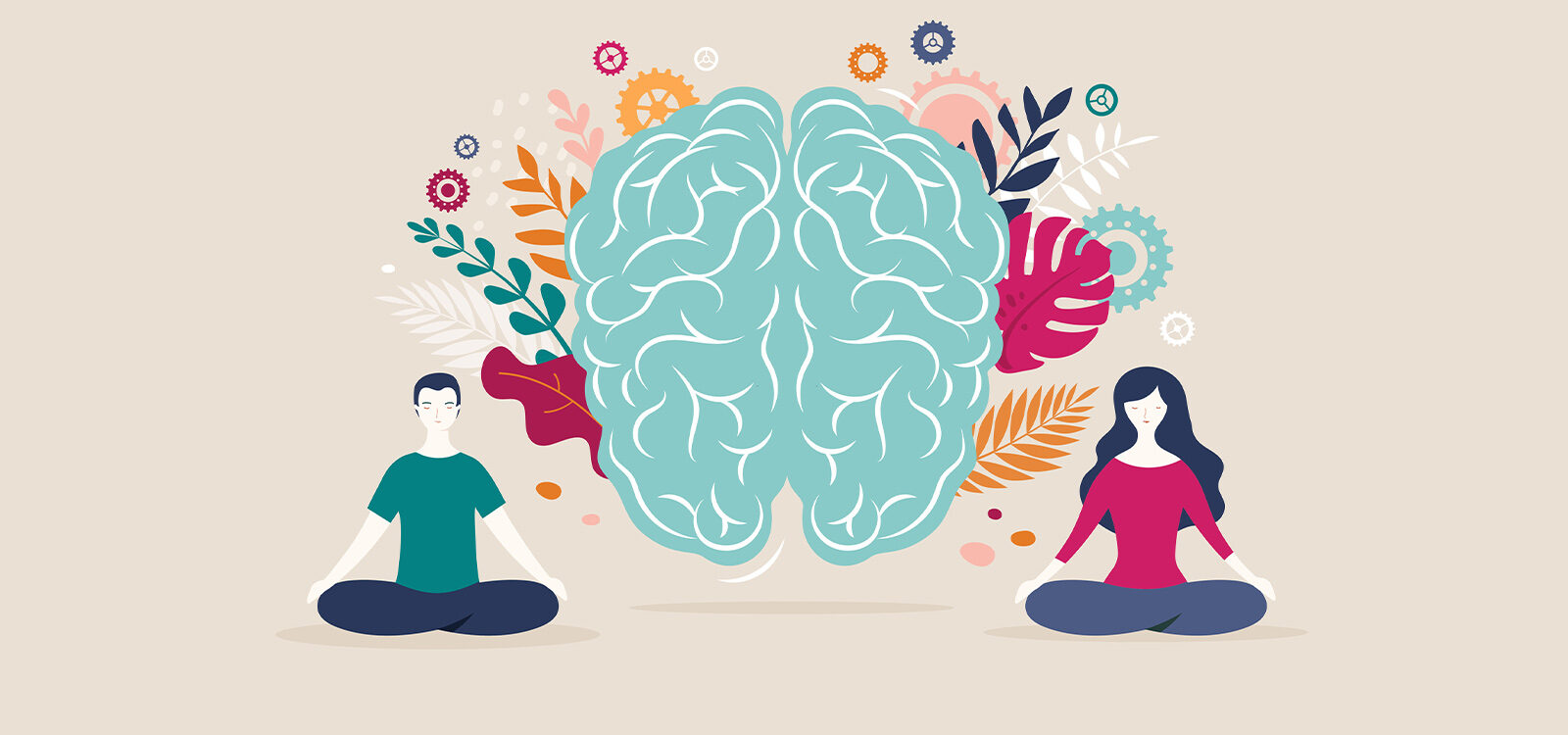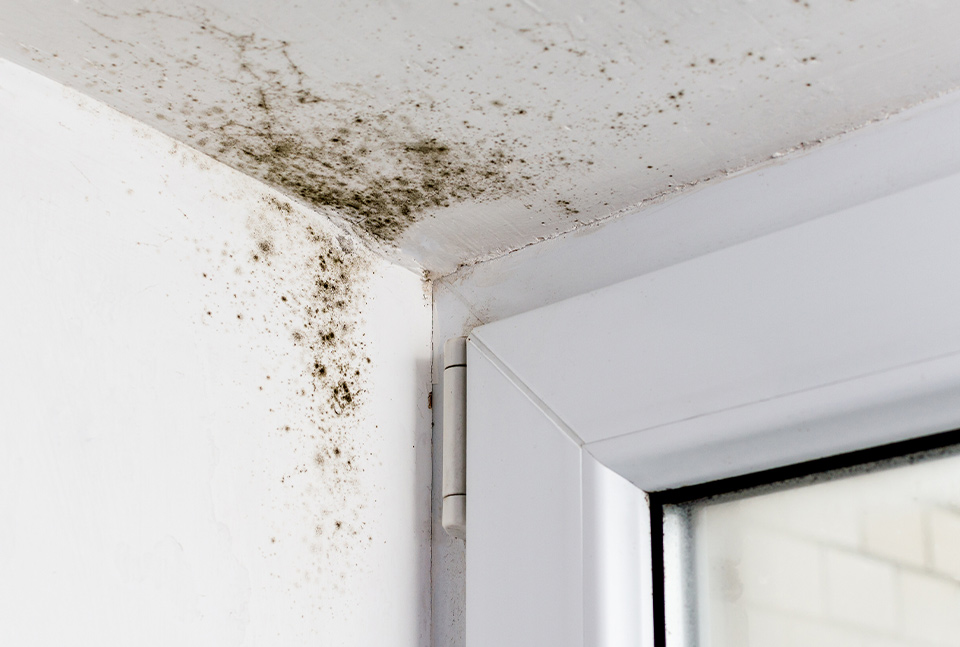
Helpful tips for being a healthier actuary
As actuaries, we know the impact good physical and mental health can have on morbidity and mortality rates. But how much attention do we give to our own body and mind health? Sometimes it is just little changes we can make that can lead to big impacts on how we feel and function.
If I could, I would go back and give my younger self advice to help me function better and feel great throughout my working day. These learnings came from the bumpy road of my own aches, pains and stress, along with learning from others in the health and wellbeing field.
To start with, listen to the signals from your body! Your body is great at telling you there is a problem. If only we would listen to the feelings we have, and not wait until issues get chronic, and then do something to improve the problem.
Here are my top tips for connecting to what your body and mind might need in the M.O.M.E.N.T.
M: movement
O: outdoors exposure
M: mindfulness in breathing and thoughts
E: eat well
N: network
T: toxins reduced
Movement
Improve posture and flexibility of your body by moving between a variety of positions for working. For example, if you’re working from home, sit on the floor, as well as at a desk and standing. You can even incorporate stretches into working positions. Check out this great summary video on optimising your workstation by Aaron Alexander. He also has a helpful video on sitting postures and stretching to help you be flexible and strong.
Try rolling a tennis ball under your feet while you sit. This form of massage can help activate the brain, as the feet are connected to all parts of the body. This is one which the SKL team got taught to do regularly. You can also use the ball for a self-back massage with the help of a wall.
Take regular breaks from work to move around. Be aware of any aches in the body and do what feels good to help them e.g. stretches, walking, squats, swinging the arms. Even your eyes enjoy a break – staring off in the distance can help reduce stress and improve eyesight.
Outdoors
Get outside if you can for some of the day. Taking a walk is a good way to get some movement, relax those eyes and de-stress. You can even take off your shoes and connect with the ground. ‘Grounding’ has proven to reduce inflammation in the body and also reduce feelings of stress.
Other ideas are to sit outside to study, review printed documents, or even work on a laptop if that is comfortable for you.

Mindfulness
Be mindful of breathing patterns and thoughts in the moment. Nasal breathing is much better for you than mouth breathing. If you feel stressed, focusing on regulating your breathing with longer exhales than inhales can help calm you down. When I’ve been in intense situations, I find focusing on slowing my breathing down really helped me not to feel too overwhelmed. If possible, make time to mediate or do a breathing practice. This can help reduce stress levels and increase focus when working.
Having greater awareness and control over our thoughts can benefit our wellbeing. Replacing negative thoughts with more encouraging ones can help with managing stress. Doing so also positively impacts the body, as what we think and feel is in a constant feedback loop. Visualising the optimal outcome of what we want to happen and how we want to feel can also really help to feel better in the moment.

Eat well
What we put into our bodies greatly impacts how our body and mind performs. Food and drink is the fuel that our body uses to convert into energy and keep us functioning well. So be aware of what you consume and how it affects you and make changes to your diet as needed. Go for better quality, less processed, and nutrient-dense food where you can.

Network
Talking to others can be a good way to help with stress relief, to get out of our heads, break unhelpful thought cycles and lift our mood. Often, a solution can come to us when we take a break, as when the mind is more relaxed, then solutions can be easier to come by.
Being open to brief chats with others also helps build relationships, which can be handy for resolving work issues.
With many of us now working from home, it may take more effort to arrange social interactions. Take the time to make a phone call!

Toxins
Not everything or everyone we encounter is beneficial – be aware of the energy givers and energy takers in your life. We usually recognise people that can bring us down and limit exposure to them. This ethos should also be applied to ‘toxic’ foods like processed sugars. But there can also be less obvious toxins in our environment that can impact mental and physical health. These include:
- Artificial light, which can be draining, cause headaches and disrupt our ability to achieve deep sleep. If this affects you, then try using blue-light blocking glasses. You can also use programs for your computer and phone that cut out some of the more harmful bright light.
- Mold, which is either obviously visible or can be hidden. Mold can be be harmful if the spores get in our bodies, causing a range of problems from brain fog to joint pain and tiredness. Get rid of it or avoid if you can!
- Chemicals in products we put on our body and clean with can cause harm. These can kill off our beneficial microbiome on and in our bodies, be cancer inducing, and be hormone and neurological disruptors! So where possible, use more natural alternatives. Pesticides sprayed on food we may eat can also cause problems and best avoided.

Summary
We have usually developed a curious intellect when it comes to analysing data for our jobs. So, let’s get curious about the data signals our body and mind gives us, and not ignore them when something doesn’t feel right. See if you can decipher what the problem might be and experiment with what solutions could work. Better still – put in place good practices now to prevent issues arising. See what small changes you could make now to your work day for a better functioning body and mind. This will might help you in the M.O.M.E.N.T, as well as for your long-term health and wellbeing.
|
This article was originally published by Kate Bleakley on the SKL Actuarial blog. To read the original article, click here. Minor changes have been applied to this version on Actuaries Digital. |
CPD: Actuaries Institute Members can claim two CPD points for every hour of reading articles on Actuaries Digital.







